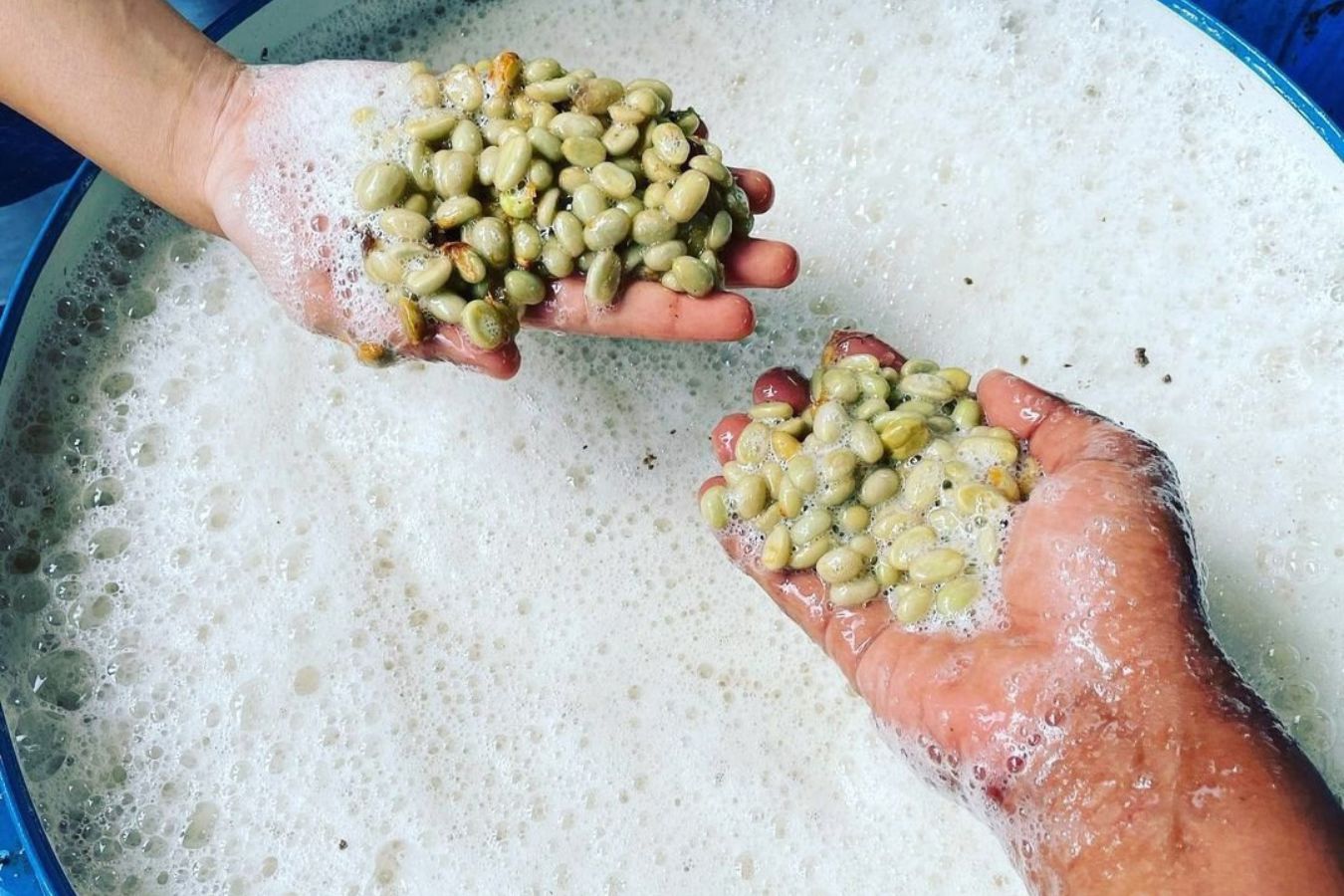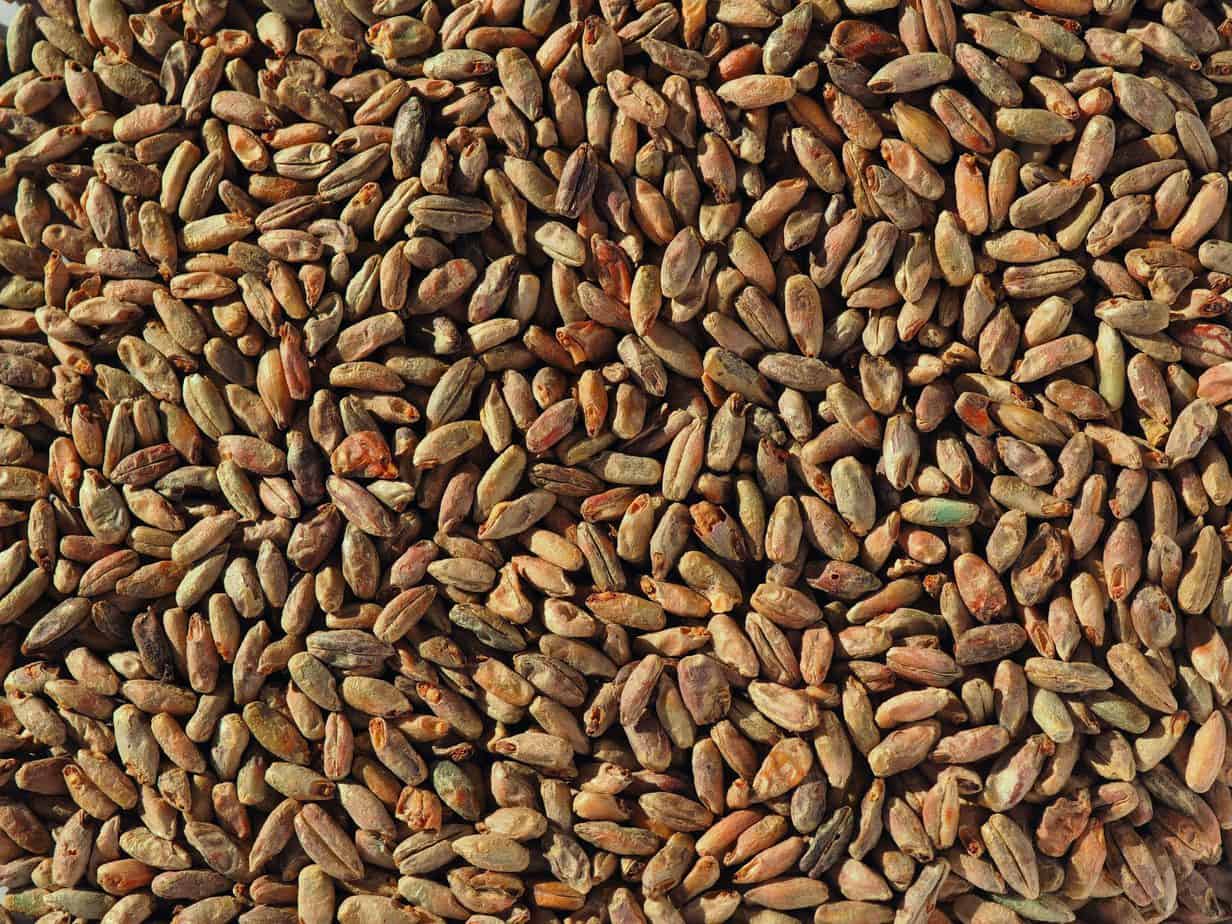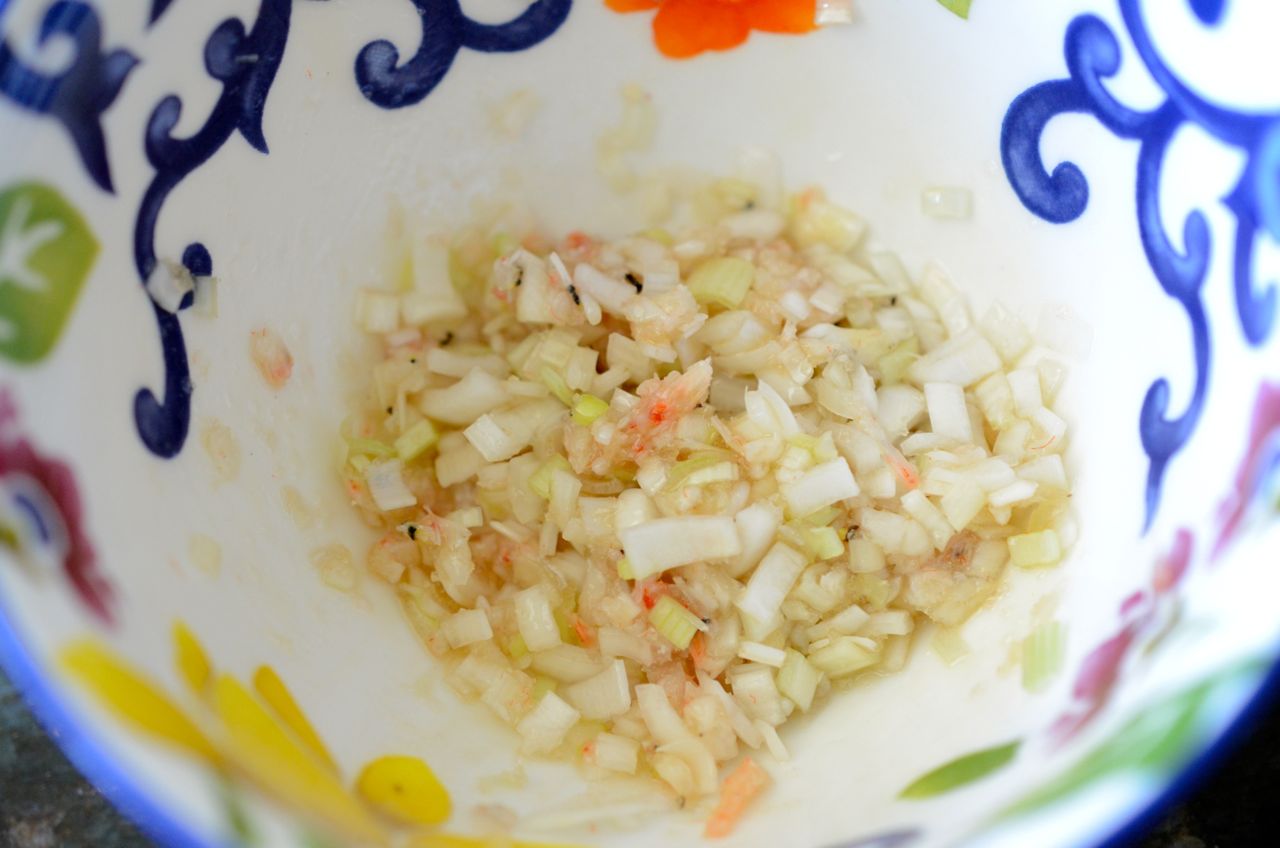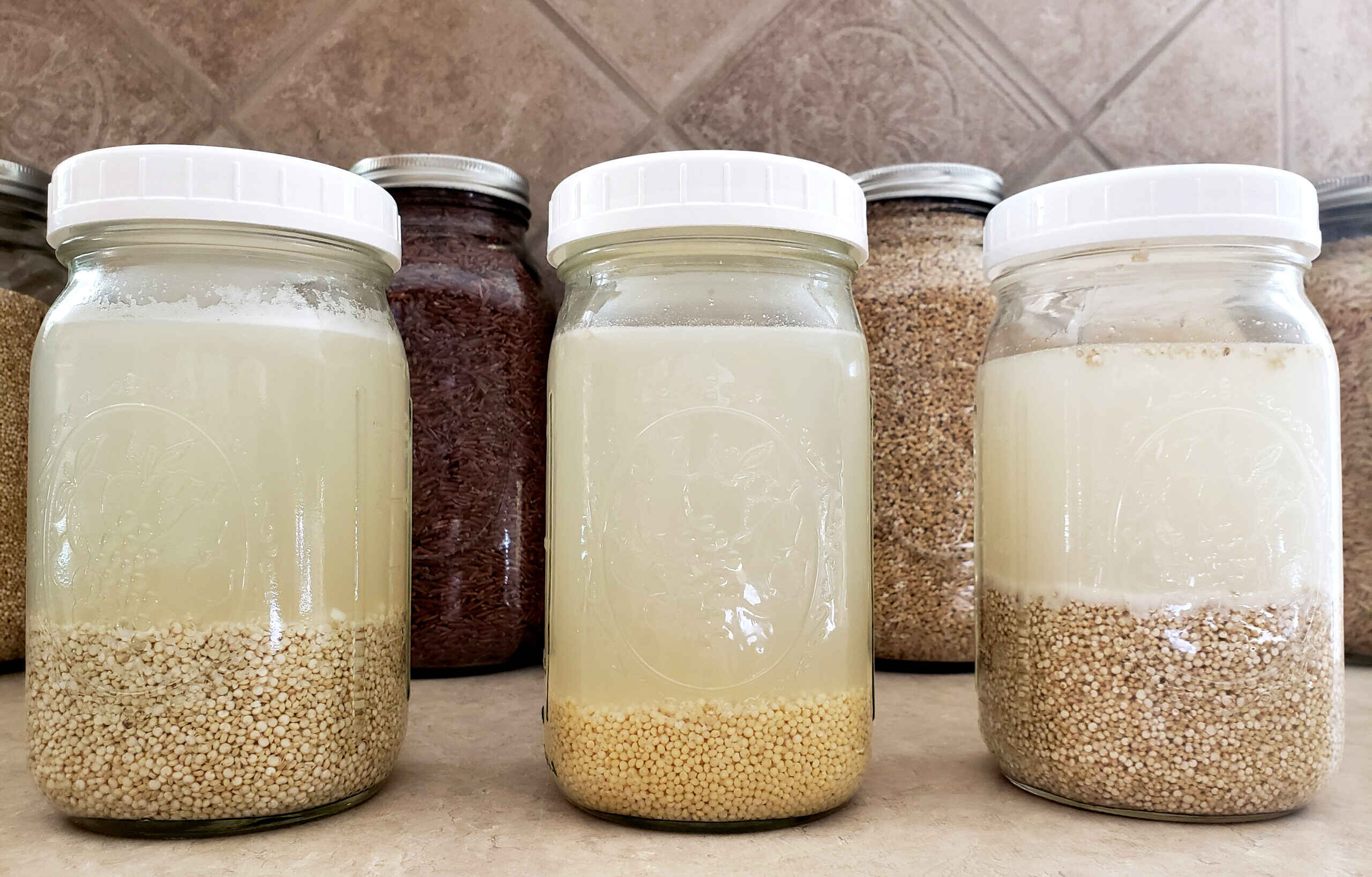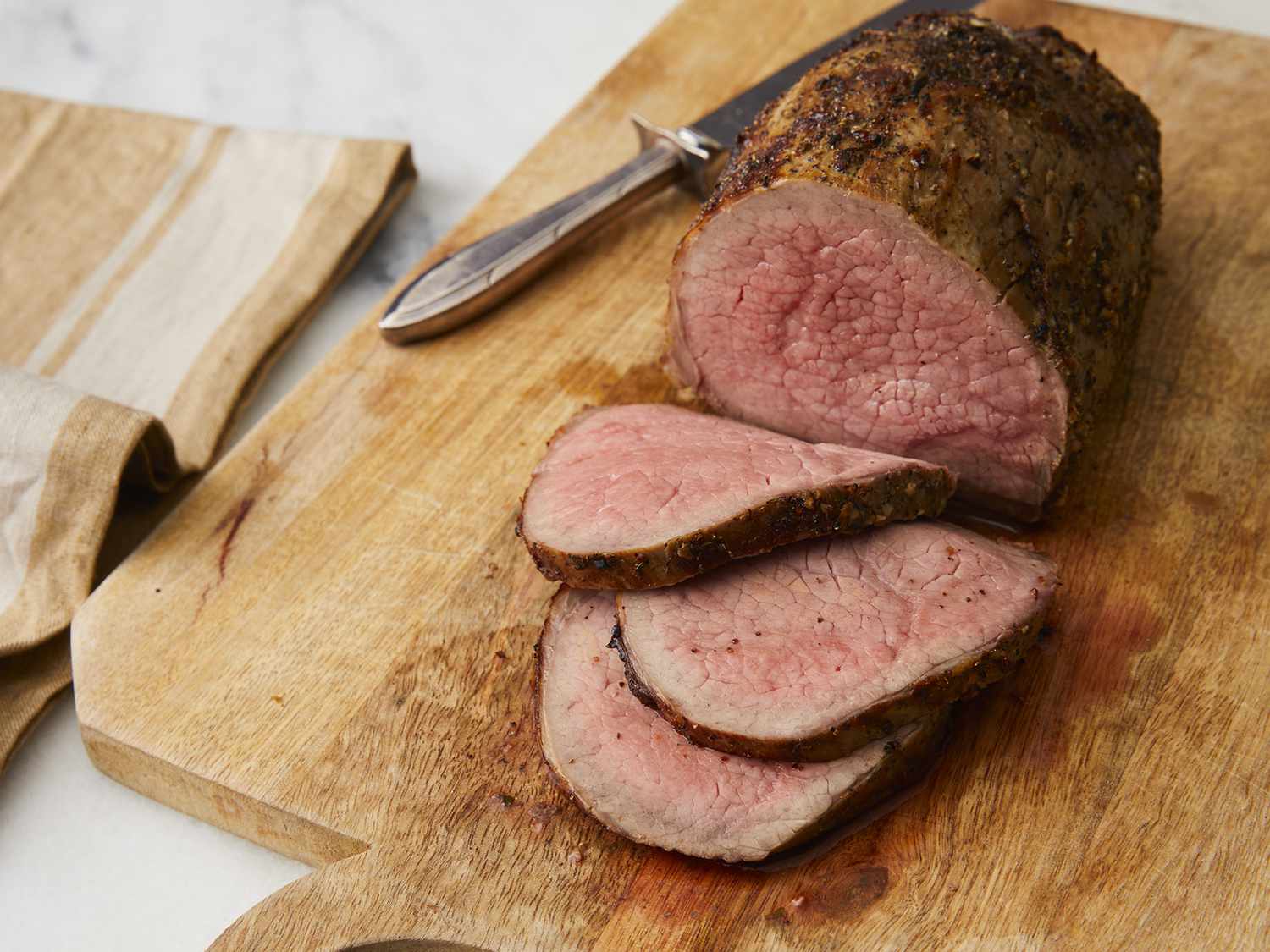What is Grain Fermentation for Pigs?
Grain fermentation is a process that involves breaking down grains into simpler compounds through the action of microorganisms such as bacteria and yeast. This process can be used to enhance the nutritional value of grains for pigs by making the nutrients more accessible and digestible.
Why Ferment Grains for Pigs?
There are several benefits to fermenting grains for pigs:
- Improved Digestibility: Fermentation breaks down complex carbohydrates, making the nutrients in grains more easily digestible for pigs.
- Enhanced Nutritional Value: Fermentation can increase the availability of certain nutrients, such as vitamins and minerals, in the grains.
- Reduced Antinutritional Factors: Fermentation can help to reduce antinutritional factors present in grains, making them safer for pigs to consume.
- Palatability: Fermented grains may have a more appealing taste and smell to pigs, encouraging higher feed intake.
How to Ferment Grains for Pigs
There are several methods for fermenting grains for pigs, but one common approach involves using a process known as wet fermentation. Here’s how you can ferment grains for pigs:
- Select the Grains: Choose high-quality grains such as corn, barley, or wheat for fermentation.
- Prepare the Grains: Clean the grains and soak them in water for a period of time to initiate the fermentation process.
- Add a Starter Culture: Introduce a starter culture containing beneficial microorganisms to kickstart the fermentation process. This can be a commercial probiotic product or a small amount of already fermented grains.
- Fermentation Period: Allow the grains to ferment for a specific period, typically 2-4 days, depending on the ambient temperature and the desired level of fermentation.
- Monitor the Process: Regularly check the grains during the fermentation period to ensure that the process is proceeding as intended. The grains should develop a sour smell and a slightly acidic taste when fermentation is complete.
- Feed the Fermented Grains: Once the fermentation is complete, the grains can be fed to pigs as part of their regular diet. It’s important to introduce the fermented grains gradually to allow the pigs’ digestive systems to adjust.
Considerations for Fermenting Grains
When fermenting grains for pigs, it’s important to keep the following considerations in mind:
- Hygiene: Ensure that all equipment and containers used for fermentation are clean and free from contaminants to prevent the growth of harmful microorganisms.
- Temperature: The temperature during the fermentation process should be monitored, as it can affect the rate and quality of fermentation.
- Quality Control: Regularly assess the quality of the fermented grains to ensure that they meet the desired standards for pig feed.
- Storage: Properly store the fermented grains in a cool, dry place to maintain their quality and prevent spoilage.
Conclusion
Fermenting grains for pigs can be a valuable way to enhance the nutritional value and digestibility of feed. By following the proper methods and considerations for grain fermentation, pig farmers can provide their animals with a more nutritious and palatable diet, leading to improved health and performance.
For anyone eager to dive into the world of fermenting grains for pigs, several recipes stand out. First, try the Fermented Grain-Fed Pork Chops with Apple Compote, as the apple compote perfectly complements the rich flavor of the pork. Another great choice is Fermented Grain Pork Ribs with BBQ Sauce, where the fermentation process enhances the tenderness and taste of the ribs. For a twist, the Fermented Grain Bacon-Wrapped Pork Tenderloin offers a succulent option that's sure to impress. Lastly, the Fermented Grain Pulled Pork Sandwiches are a crowd-pleaser, offering a delightful balance of savory and tangy flavors. These recipes not only showcase the benefits of fermenting grains but also provide a variety of flavors and textures for an unforgettable dining experience.
Was this page helpful?
Read Next: How To Ferment Alcohol From Strawberries

